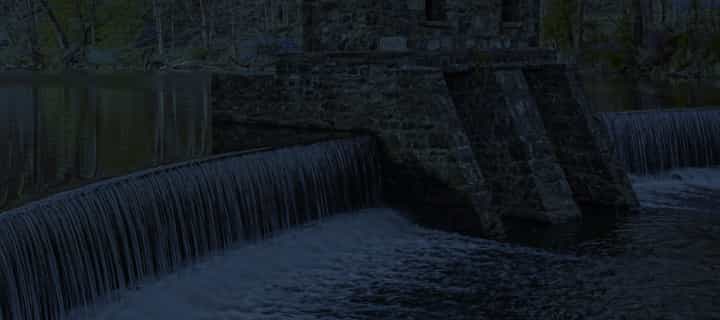New Jersey Premises Liability Requirements
Request a Free ConsultationThere are certain requirements when determining a premises liability case in New Jersey. First and foremost, an injured individual or their loved one has to prove that a dangerous condition existed. Once they can prove that a dangerous condition existed and that resulted in injury to them, it now comes down to their status as a visitor on that property. Depending on what their status is, it is then determined whether they have to prove that the defendant had actual notice of that dangerous condition.
If it is a commercial establishment, in addition to actual notice, someone can prove constructive notice, meaning that if they would have done the reasonable inspections that they were supposed to have done, then they should have been able to find that problem and correct it or at least warn the injured person of it.
Because cases of premises liability can vary so much, it is important to work with a New Jersey premises liability attorney when determining whether your requirements constitute a case and where to move forward from there.
Establishing Liability
In the state of New Jersey, there is also something called the mode of operation doctrine that can apply to a commercial establishment and essentially what that is saying is if in the normal mode of operation for that particular business, these dangerous conditions are caused, then that is something that either shifts the burden of proof with regard to proving whether or not they had notice of the dangerous conditions.
The prime example of that is in a supermarket where there is a fruit area that is self-served for the customers. Frequently, that fruit falls onto the floor and that is something that is the mode of operation for that supermarket. If someone was walking to the supermarket and falls as a result of the fruit on the floor in that area, now the burden shifts to the supermarket to prove that they did everything that they should have done to prevent this person from falling because it is part of the mode of operation with regard to that business.
Further Examples of Requirements
Examples of standard liability requirements in New Jersey that need to be met are, for instance, in a slip and fall case involving snow and ice at a commercial establishment, that is something that is very foreseeable. If there is a snowstorm, then snow and ice on the parking lot of a commercial store is dangerous to the customers.
In a case like that, if someone was to fall on snow or ice in a parking lot of a commercial establishment, a premises liability attorney would want to know what are the policies and procedures that this store had in place for snow and ice removal and how long after the snowstorm were they sending out their snow and ice removal people? Was there any pretreatment done to the parking lot to prevent the buildup of snow and ice? After the snow and ice was removed from the parking lot, were there any subsequent inspections that were done to make sure that all of the snow and ice was removed properly, that it was put in a location of the parking lot so that any melting and refreezing issues would not happen?
These are all things that lawyers need to know. That is a prime example of looking at the commercial defendant’s policies and procedures to determine what they were supposed to do with regard to their own policies and procedures, and then what they should have done to prevent this from occurring.
Working with an Attorney
There are several things that an attorney needs to know to help the person in a premises liability case when determining analyzing requirements in New Jersey. First, they need to know where the fall occurred and where their client was. Secondly, they need to know what caused them to fall. What was that dangerous condition, was it substance on the floor, was it a defect in the sidewalk, was it ice in the parking lot? They need to know all of this information.
Finally, what an attorney needs to know is what their injuries were as a result of that fall and that would include not only their physical injuries but also the impact it has had on their life both economically at work and how it is affecting them with their medical treatment and medical bills.
In any premises liability case in New Jersey, someone has to prove that a dangerous condition existed and whether the defendant had notice of that dangerous condition. A premises liability attorney is someone’s best chance of understanding their case.
